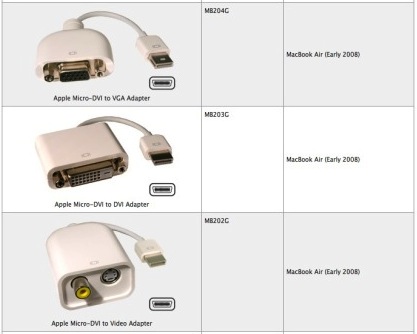ACCU Bristol and Bath
Lightning talks. In a pub. Me first! I hadn’t actually practised but I knew what I wanted to say and had picked a subject so trivial I couldn’t possibly overrun.
Yes, it was time, at last, for the first ACCU Bristol & Bath meeting, to be held in an upstairs room at the Cornubia. We’d reconnoitred the venue a few weeks earlier. Although the room was dingy and we couldn’t work out where to put a screen, and despite disturbance from the increasingly raucous CAMRA meeting next door, the location was ideal and the beer superb. I looked forward to returning.
Plans change. In an agile last minute switch the meeting relocated to the Marriot — which, coincidentally, had just been announced as the host of next year’s ACCU conference. I shuffled through revolving doors into the hotel’s vacant lobby rehearsing my talk in my head. Where was everyone? It took some backtracking and interrogation to locate the subterranean room but fortunately they hadn’t started without me.
Now this was a proper meeting room. Panelled walls, no windows. A blank TV screen; green apples; red glasses; bottled water.

Ewan welcomed me. “Have you got a macbook display adapter?”
No. I didn’t even have the slides to my own presentation — I’d emailed them ahead to be merged into a single deck.
The screen flicked to life. Nine talks, five minutes each. We’d be done in an hour. After a brief welcome my slides were on screen and I was off.
Unfortunately I ran out of time, laughing too long at my own lightning anecdote which framed a talk about ellipses, the triple-dots … which mean different things in different places in different programming languages. Next up was Dan Towner who walked us through the algorithm used by compilers for allocating registers. It’s a greedy colouring of a planar map, he said, wrapped in a bail-and-retry loop. Dan Tallis spoke about the single committer model which works so well on open source projects. Developers don’t have write access to the repository and must submit patches to the committer for review, a protocol which encourages incremental and considered changes to a codebase. Kevlin Henney needed just a single slide to clear up some misconceptions in exactly five minutes. Chris Simons didn’t need any slides to describe where designs come from. Pacing the floor and waving his fingers, he explained that computer systems are punchlines; design is a matter of figuring out the joke. Attack the solution space with ants! No ACCU meeting would be complete without a discourse on C++ test frameworks and Malcolm Noyes duly dazzled us developing a C++ mocking library before our very eyes. Jim Thomson compared before and after binaries to prove his source code rearrangements hadn’t caused any damage. Ewan Milne, who’d not only organised and chaired the meeting, also contributed a talk on (guess what?) planning, subtitled how agile can Kanban be (say it!)
Jon Jagger postponed his closing talk. Macs just work if you’ve got the right connectors. We hadn’t. The audience wanted more but that’s no bad thing. We regathered in the hotel bar to crunch apples and chew over the evening. The ACCU Bristol & Bath launch had been a success! The price of a pint and anodyne surroundings discouraged lingering. We drank up and headed off towards trains, homes, and, for a select few, the Cornubia.